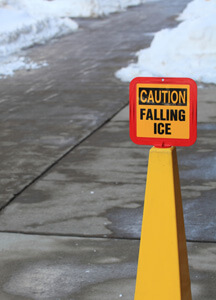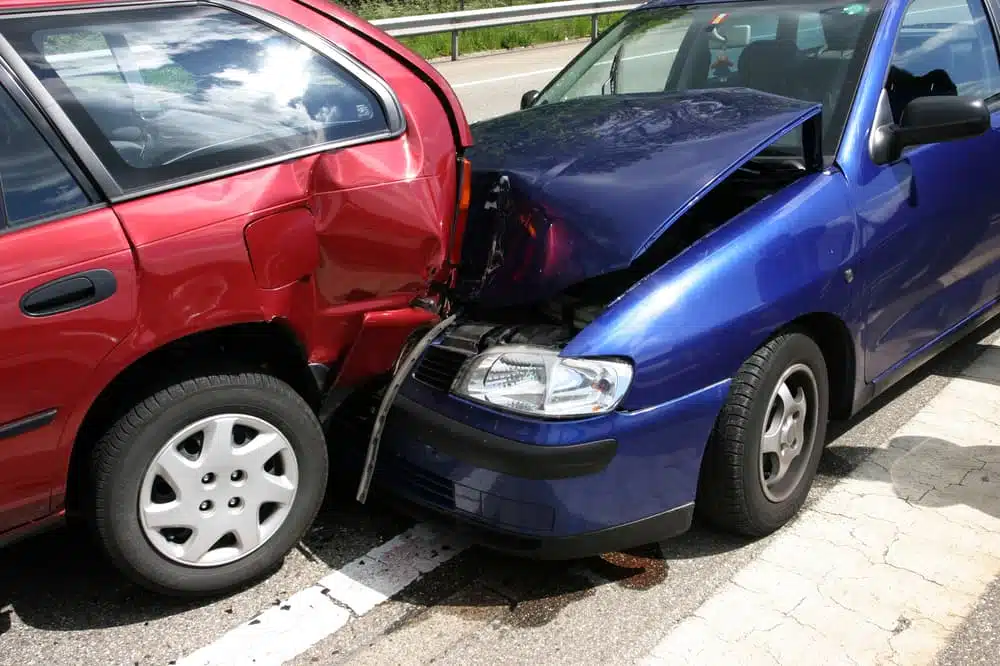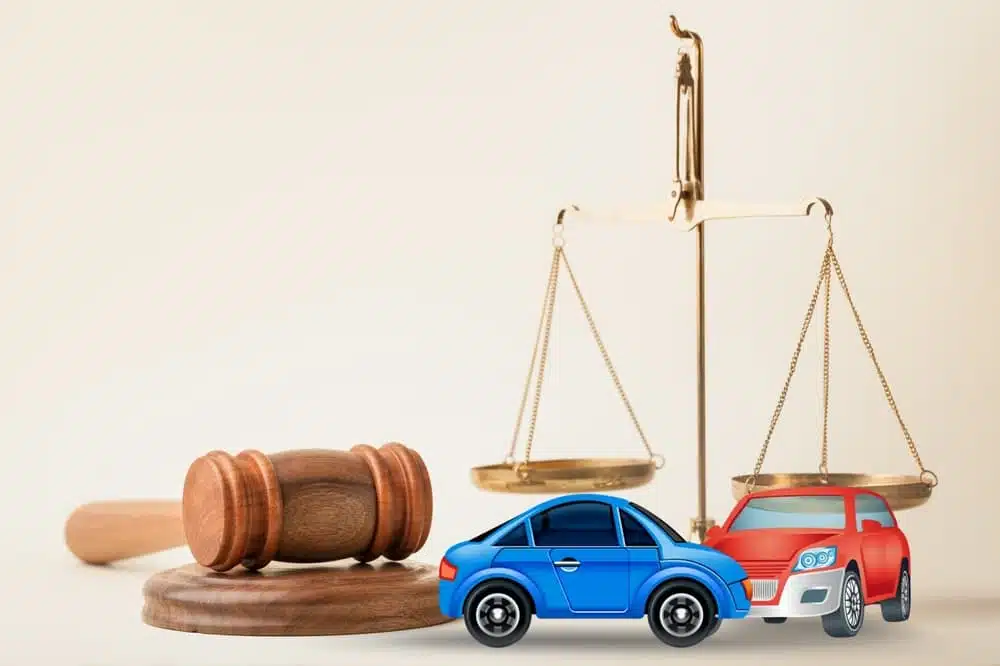
Winter Weather and Premises Liability
Injuries that lead to premises liability lawsuits can happen during any month of the year, but the winter months tend to be particularly hazardous. For example, a recent report from NBC News indicated that emergency rooms often see an increase in the number of patients who have experienced a dangerous slip and fall on a patch of ice. What kinds of injuries result from slips and falls? Physicians primarily treat injuries to the head, back, wrists, and ankles.
You can take steps to prevent slipping and falling on the ice by wearing shoes with traction and keeping a watchful eye for black ice, which is a kind of ice that blends in with its surroundings and thus is difficult to see. It is called black ice, as one Accuweather report explained, “because it tends to look like the rest of the pavement on the road, but it’s actually clear.” Additionally, when you are in your car, a thermometer can help indicate if you are driving on freezing roads.
But what about if you are walking? Who is responsible for clearing ice away from sidewalks, driveways, and other walkways? The following are examples of premises liability claims related to icy slips and falls.
Scenario A: You are a financial analyst, and you are walking into a business meeting at which you have been asked to present a new business strategy for the company. The office building has several stairs leading up to its entrance. When you reach the stairs, they look to be free of ice. However, when you try to walk up the stairs, you slip and fall, and you fracture your wrist.
Scenario B: You went over to a friend’s house for a dinner party, and you were the first to arrive. The landing at your friend’s doorway was covered in ice that you did not see. When you stepped up to ring the doorbell, you slipped and fell, and you sustained a serious back injury.
In order to assess these potential premises liability claims, one must have a better understanding of how premises liability law works with regard to slip and fall incidents that result from winter weather.
Elements of a Premises Liability Claim
Premises liability law is governed by both federal and state law. In general, property owners have a duty to make sure that their property (ie. premises) is free of a dangerous or unsafe conditions. Depending on which state you live in, a property owner may be liable to three different kinds of people: invitees, licensees, and trespassers. Typically, owners owe the greatest duty of care to invitees, and a slightly lower standard of care to licensees.
In many states like New York and New Jersey, property owners usually do not owe a duty of care to trespassers. In order to have a premises liability claim, you must be a legitimate visitor to the property, such as a social guest, a customer, an employee, or even a passerby. In Pennsylvania, the law does allow trespassers, in certain circumstances, to file premises liability claims.
If you are a visitor on someone else’s property and you slip and fall on ice, you must be able to prove that the property owner was negligent. To prove negligence, you generally must be able to show the following:
- The ice posed an unreasonable risk of harm to visitors on the property;
- The property owner knew or reasonably should have known about the ice and that it posed an unreasonable risk; and
- The property owner did not do anything to prevent the incident, like clearing away the ice or snow properly and/or warning visitors about it in advance. Alternatively, the property owner did try to remove the snow/ice, but did so improperly, making the situation worse.
In both of the scenarios presented above, the slip and fall incidents would meet the first element of the claim easily, namely, that the ice posed an unreasonable risk of harm to visitors. In both scenarios above, the injured individuals would have to determine if the owners knew—or should they have known—about the ice. After a winter storm, the answer is most likely yes. Finally, in both scenarios, did the property owners do anything to prevent the accident? Did they warn anyone about the ice before they came onto the property? Did they shovel or attempt to clear the ice? Did they shovel, but did so inadequately?
Contact a Slip and Fall Lawyer
Generally speaking, if you are a business invitee like the invitee in Scenario A, you would be owed the highest standard of care. The injured guest in Scenario B, is also owed a high standard of care, albeit slightly lower because she was a licensee, also referred to as a social invitee. In both scenarios, the property owner may in fact be responsible for your injuries. Because every case is different, you should always discuss your situation with an experienced premises liability lawyer to determine your rights. You may be eligible to bring a claim for financial compensation for your injuries.



